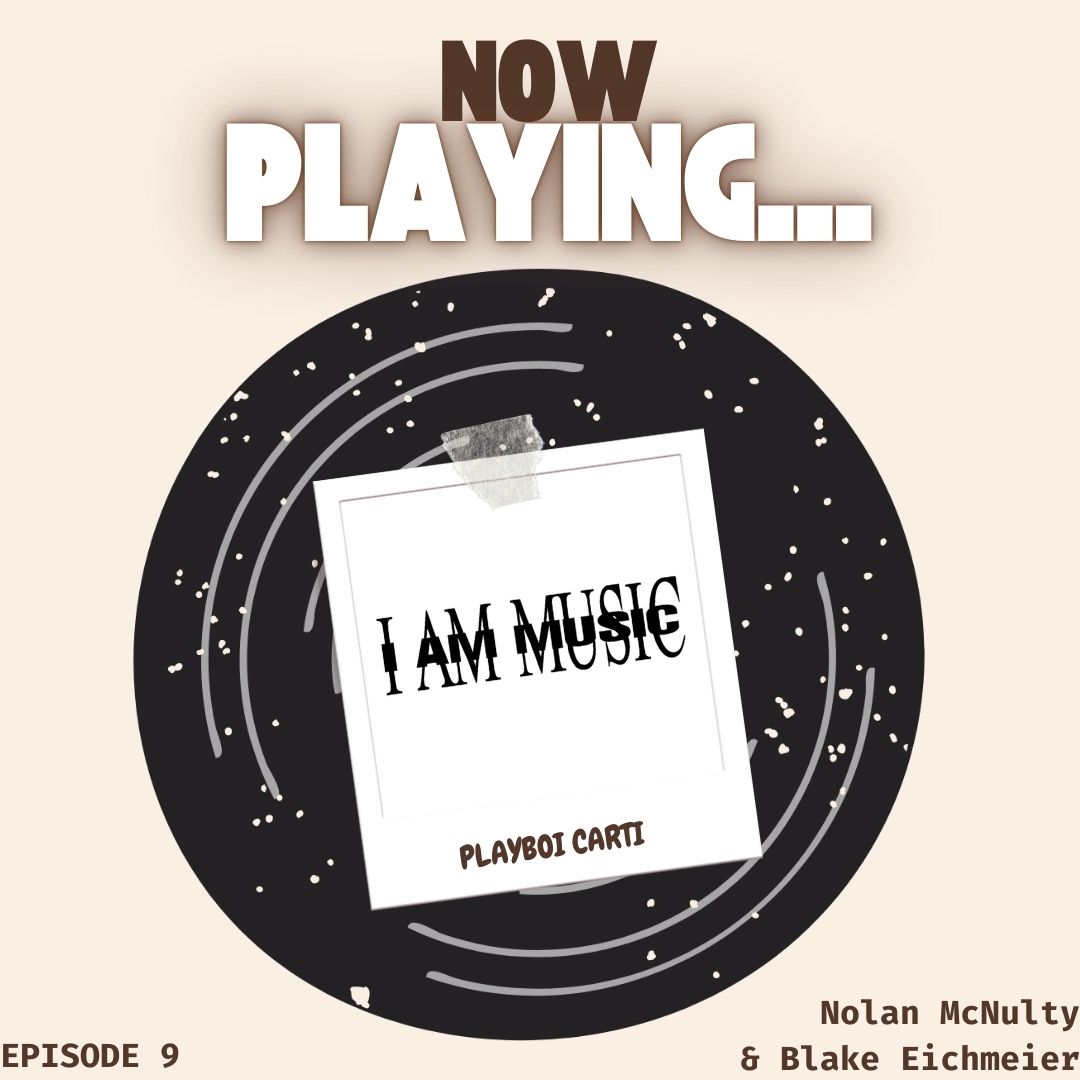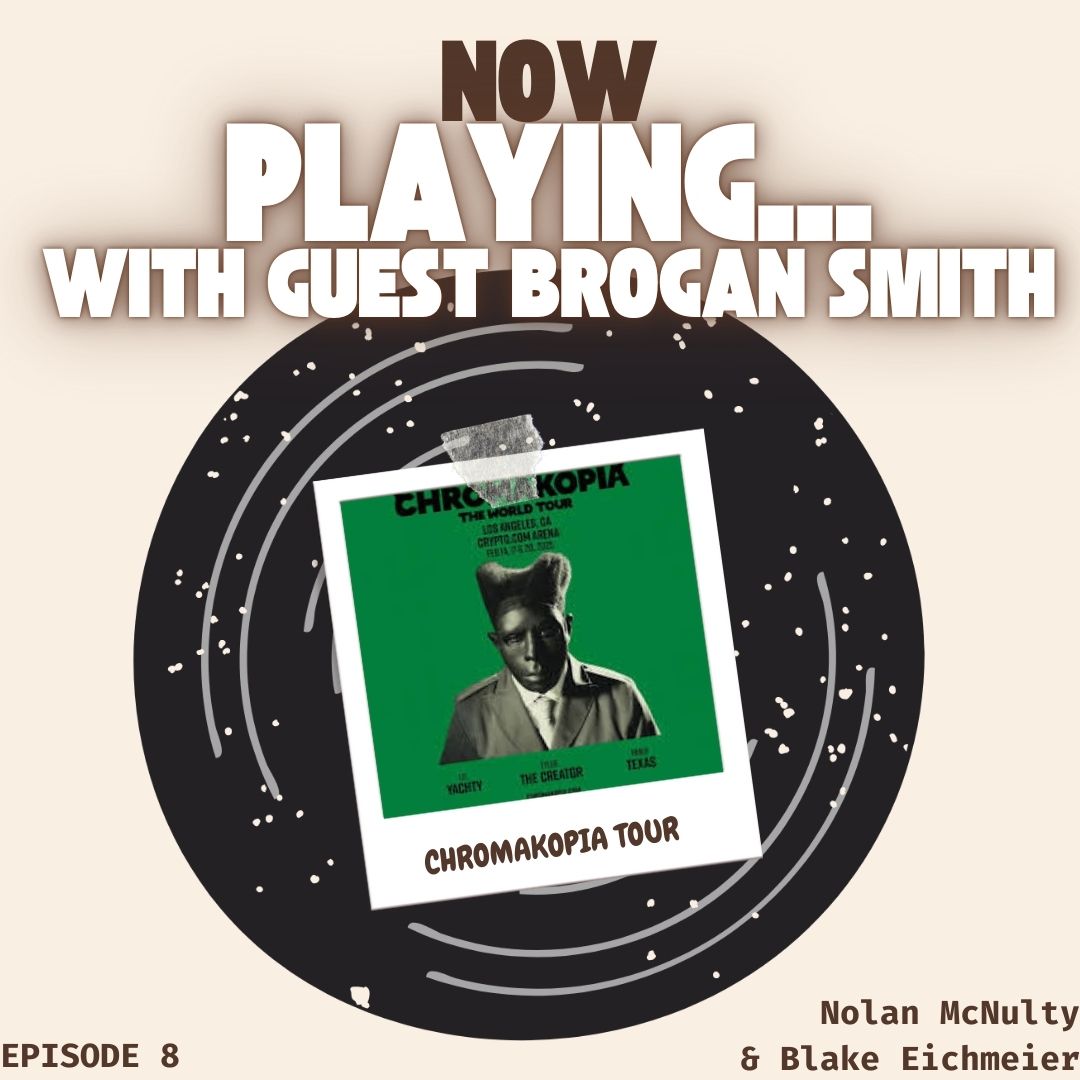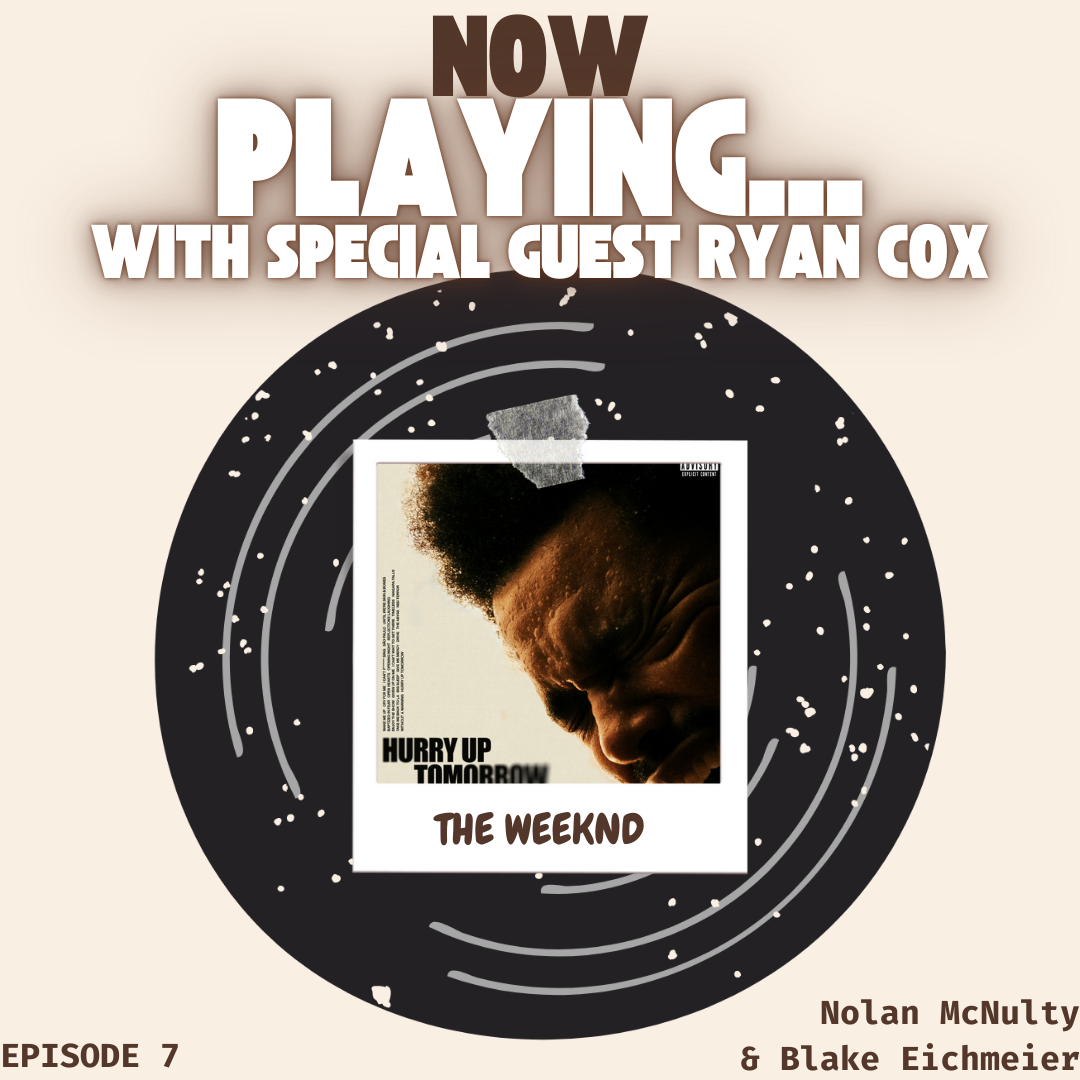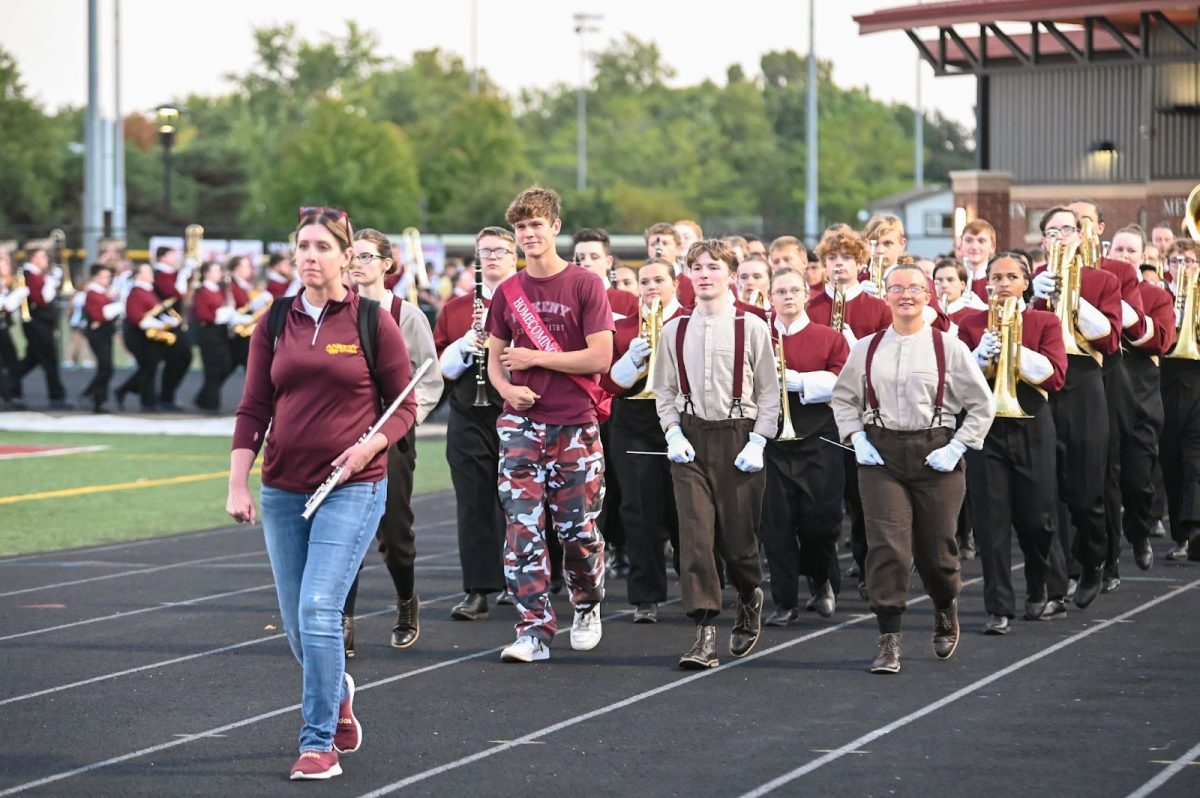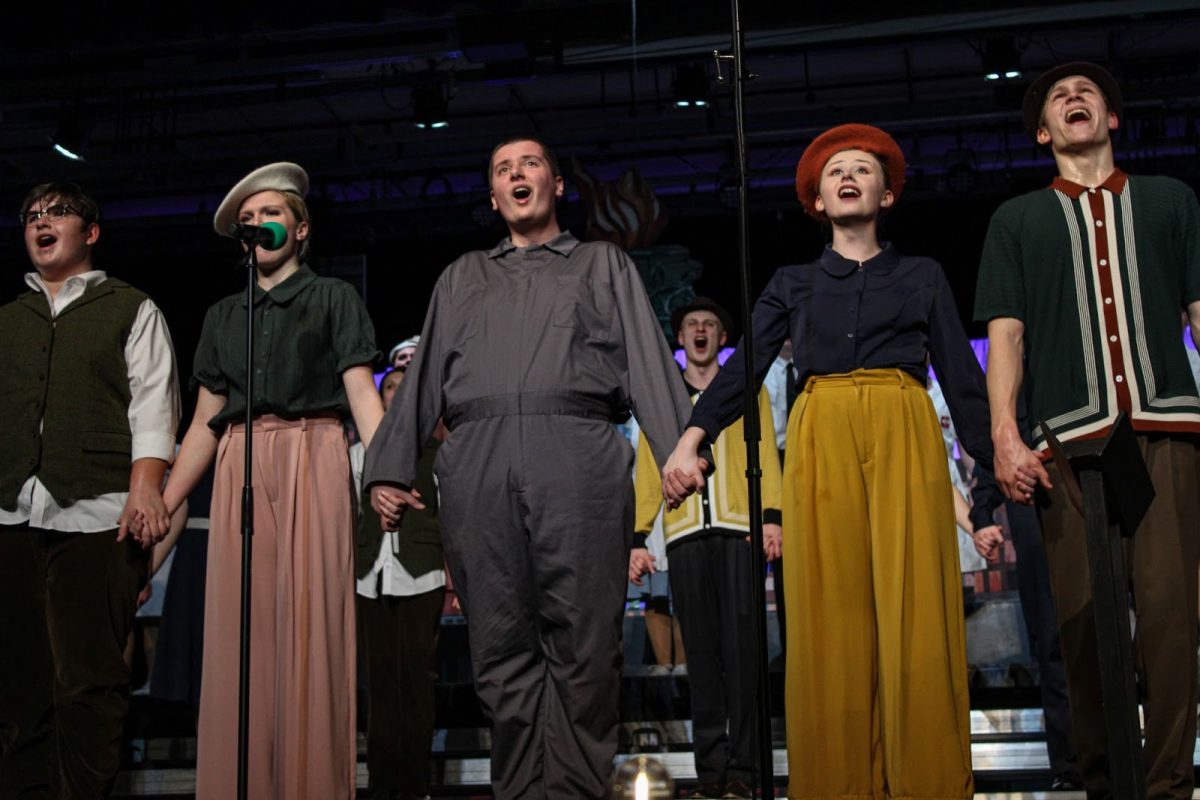This past year over 35,000 students participated in theatre programs in Iowa, and around 20 percent of students nationally are involved in a high school music ensemble. But how do these programs prepare students for their futures? What skills do they provide to their students? How should I know if I want to pursue these activities and make them my career?
You might not realize it, but everyone has had these thoughts and doubts about their futures, from Division 1 athletes to future elementary teachers– the future is a scary thing.
Even people that students now look up to have had their moments of unease and wondered if their passions were right for them and if they were going to help support their lives and relationships.

(Jann Robie)
“I was really torn all through high school on whether I wanted to go into theater or teaching. I realized that teaching was probably more stable and that I could teach and hopefully do some theater as well,” said English teacher and drama director Mollie Jo Blahunka. “But doing theater and hopefully some teaching as well was not as realistic.”
Blahunka chose the most stable option, pursuing a degree in secondary English education and currently teaches English 11 and Literature 12, but when she went into an interview with Ankeny administration five years ago, she was made aware of a new opportunity that would blend both her degree and her passions.
“..This job kind of fell into my lap, actually,” Blahunka said. “When I applied for it, I didn’t know that it was a drama position. And in the process of interviewing, the former drama teacher had resigned, and they were looking for someone to fill this, and I couldn’t believe that the stars aligned in my favor like that. Getting to do both drama and teaching is a gift that I’m very grateful for.”
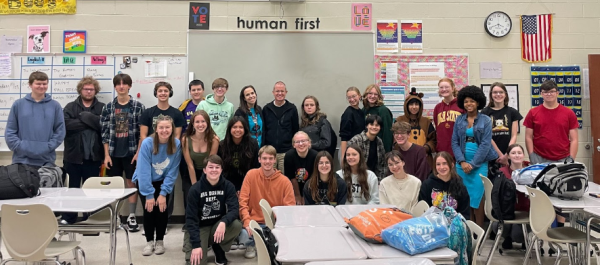
(Joanna Guerrero)
Blahunka said as over 40 students in both the cast and crew began piling into the green room just before rehearsal for the fall play.
Fine arts teacher and assistant music director Kelly Weber also mentioned having a similar experience. Band has always been a part of her life and it is a family legacy.
“While I never felt pressured to be in band, it was a huge part of my world. So it was always, well, of course I’m going to be in the band,” Weber said. “Just like you guys, I started band in fifth grade, playing the clarinet. In my later years, I got really passionate about jazz bass and jazz band in general.”
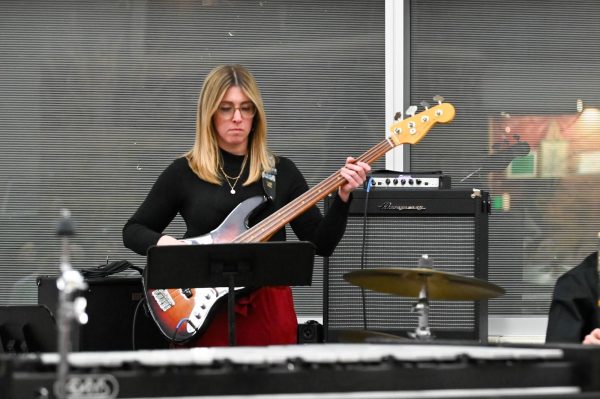
Like many people, Weber carried her family legacy with her. While she is an assistant band director now, she changed her major from general psychology with hopes of becoming a child psychologist but realized that it was not what made her happy, and she could not see herself doing it years down the line.
“I made it two and a half or three semesters and realized that I was in the music wing all the time,” Weber said. “And the things that I was excited about being a child psychologist about also were a part of the music education world as far as connecting with young people.”
Although both Blahunka and Weber decided to focus on “stable” careers throughout college, they were drawn back to their passions and now get to pursue what they love, and help students find their passions and themselves through the arts.
2024 AHS graduate Scott Kruse recalls how the AHS fine arts programs helped him realize his passions and encouraged him to see them as opportunities to further his arts education and how his mentors helped along the way.
“The band and theater departments at AHS helped me find my people. They gave me a community where people had the same interests as me, and we were able to bond because of that. Performing with people in anything causes people to grow closer, so my closest friends where part of the band or theater departments.” Kruse said. “The band and theater departments also taught me to be proud of what I love. Don’t be embarrassed about your passions and interests. If you want to go all in, don’t hold yourself back! If this is what speaks to you, own it! You love doing this, and while it may not be the traditional thing for someone like you to love doing, who cares? If that’s what makes you happy, own it!”

But even for students who do not see the arts as a future career, both band and theater can provide and support them with powerful life skills that will help them in any profession.
“I think that the skills that people learn in being involved in theater can apply truly to any area of any profession, [and] any different area in life,” Blahunka said, “Working as a team, being able to speak in front of other people, and coordinating different elements will be helpful to anyone, whether or not theater’s a part of their life.”
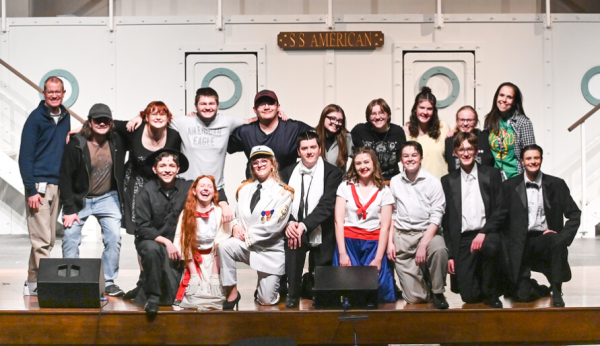
These 21st Century skills are often looked for and needed in many jobs such as leadership positions, collaborative work situations, event planning, and speech and presentation skills.
Weber expands on how the band program sets up its students for success in collegiate band.
“We are very honest with students about, you know, the good, the bad, and the ugly of being a teacher,” Weber said. “And I think because of that, we’ve seen several students go on to successfully pursue music education degrees.”
These programs help students navigate both their high school experience and relationships, as well as look into their futures and encouraging them to consider their options and their passions as they continue their education through college with powerful life lessons.
“They really taught me to love what I do and love myself. They taught me how to perform and work with a group as well, and the importance of getting along and making sure everyone is working towards making the performance/ensemble better,” Kruse reflected. “Put personal grievances aside, and put on a good show. All in all, the teachers helped me just own what I love and what I do, and not be so ashamed of it.”


















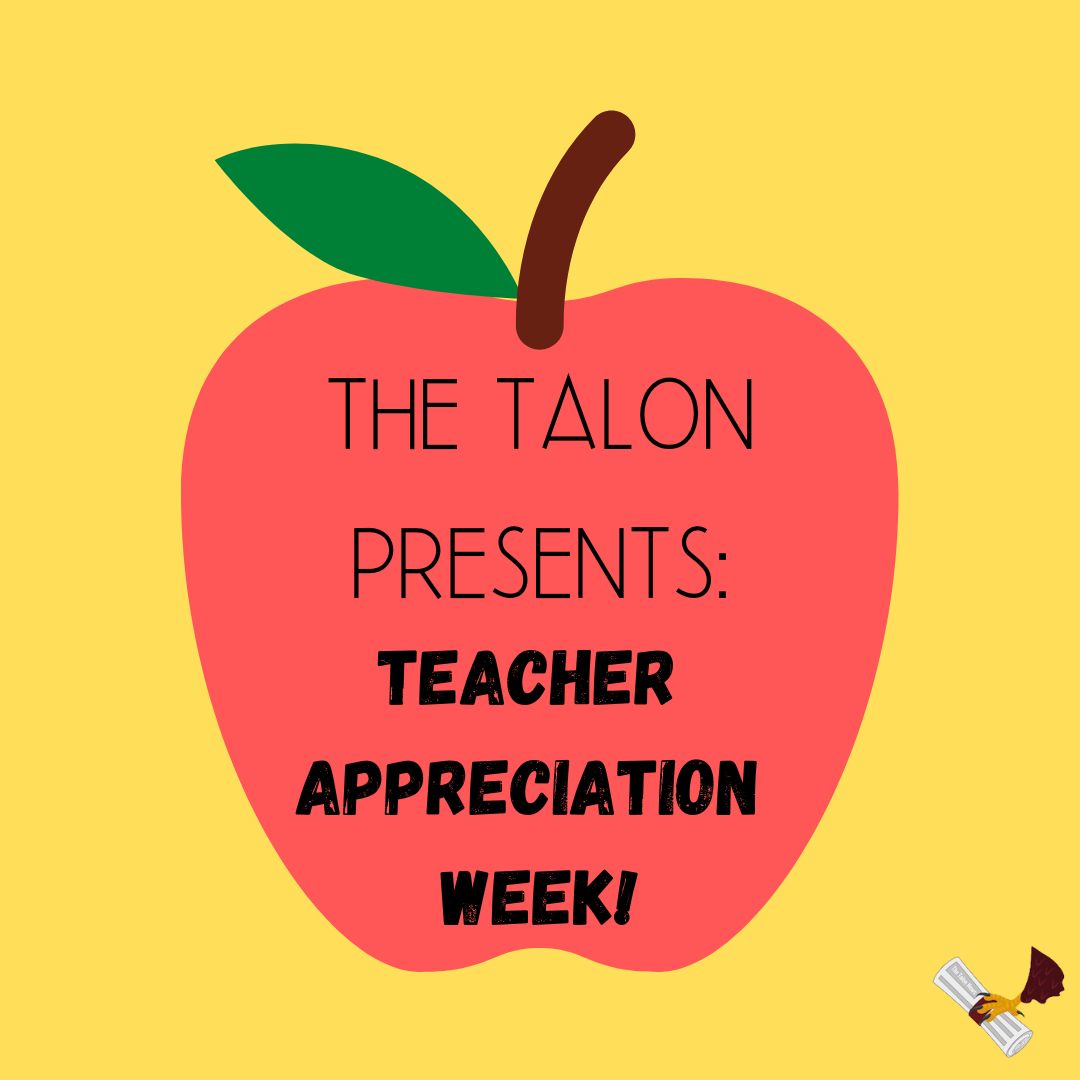


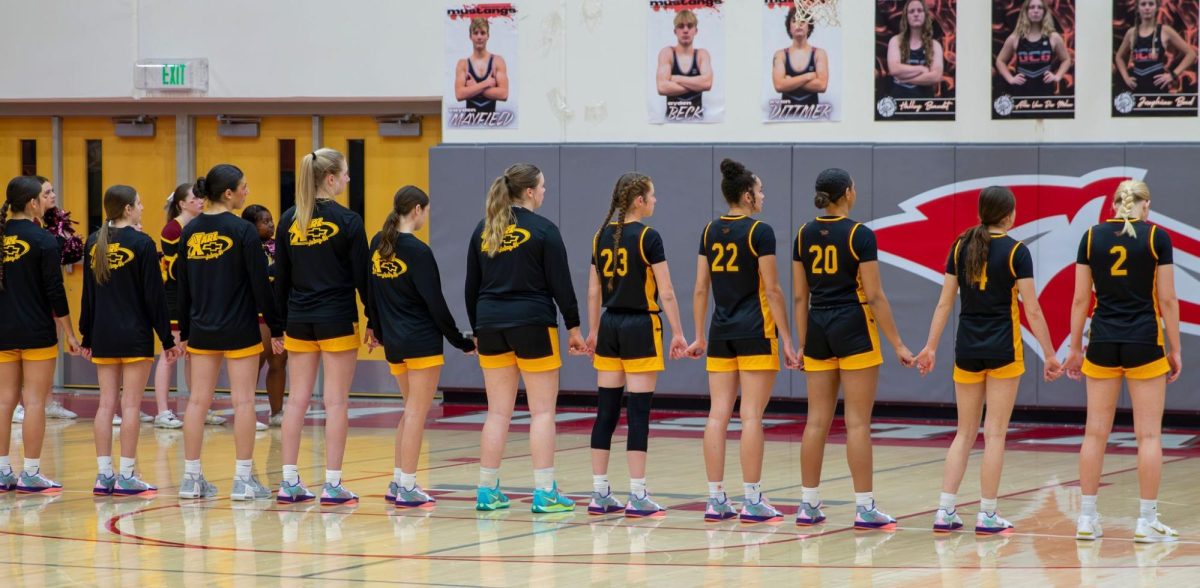







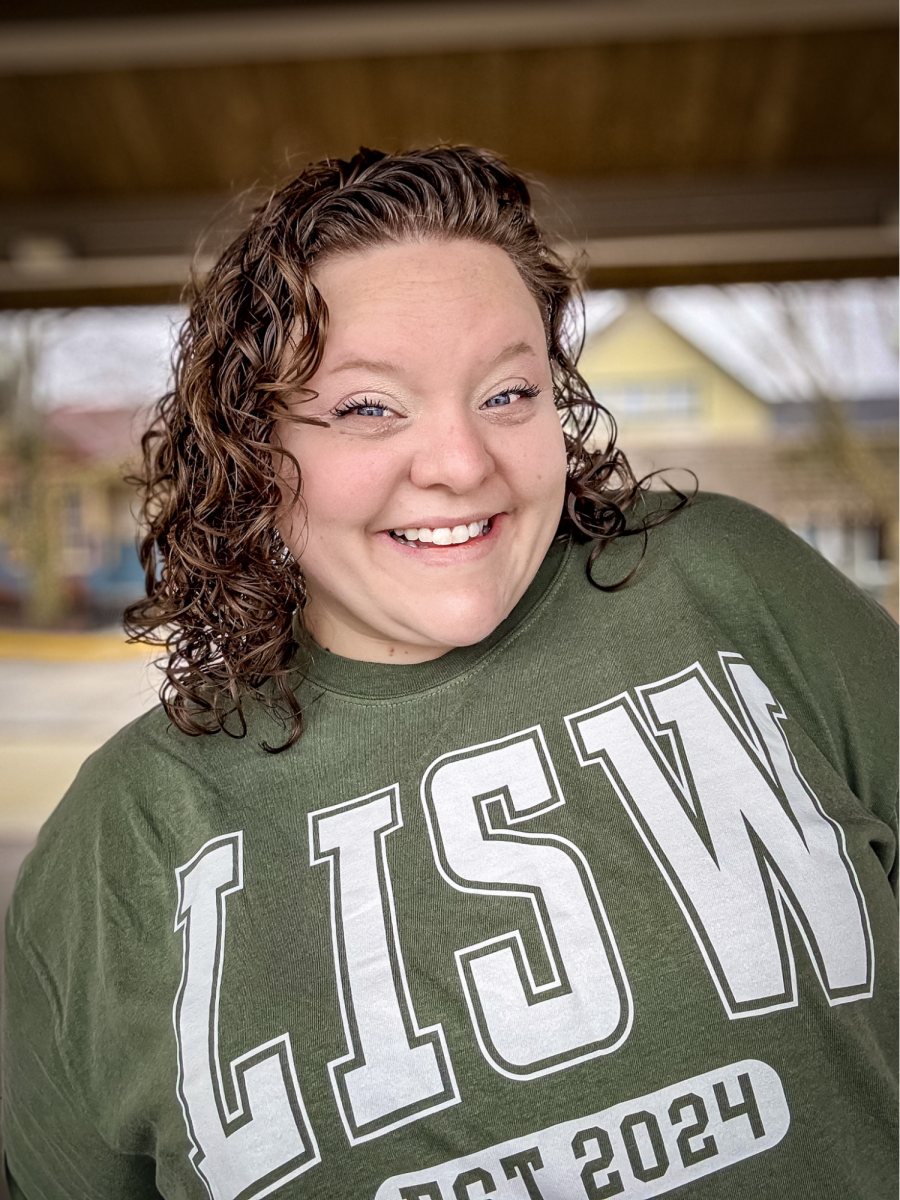

![Bing talking about the plan for the day with her students in one of her AP Biology courses. “If I wasn't passionate about working with students, I don't think [I’d stay in teaching], but no, it's absolutely the students that I have that [make it worth it,” Bing stated. Photo taken by Sylvia Bartlett.](https://ahstalonnews.com/wp-content/uploads/2025/04/bing.jpg)
